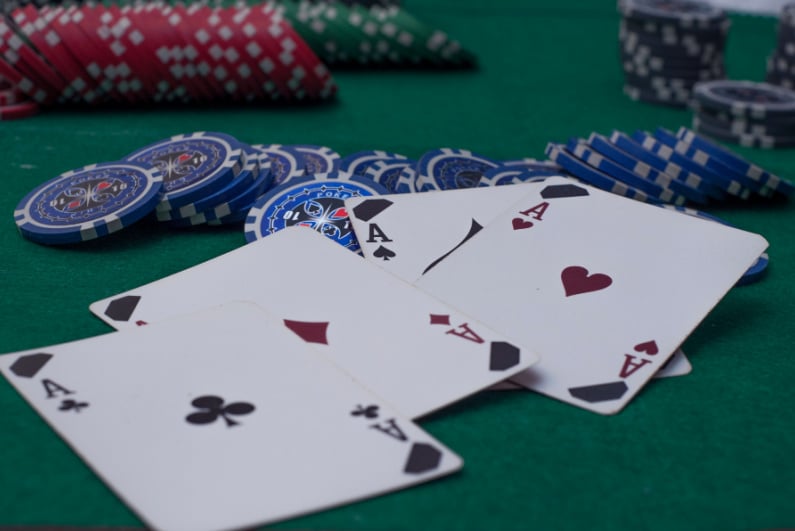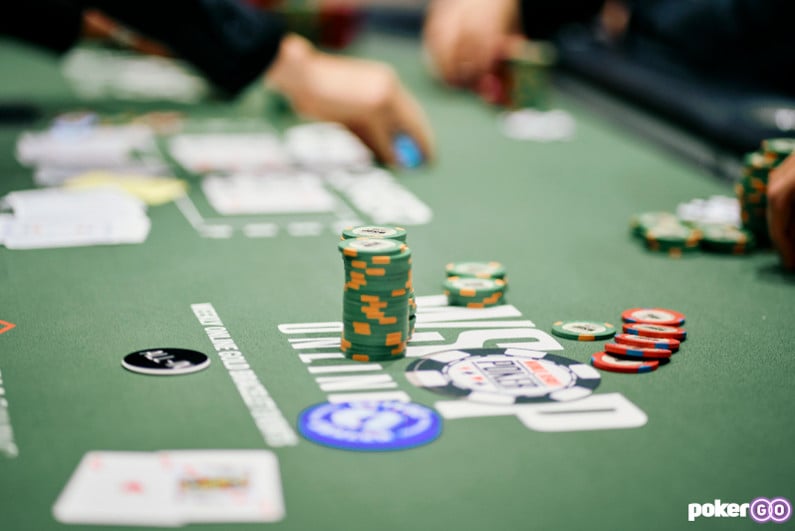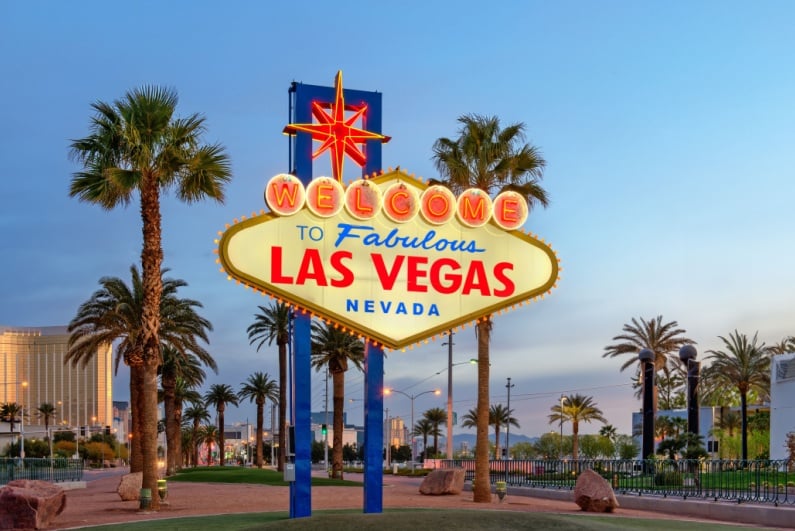Pandemic-driven boost
At the start of the pandemic and its associated lockdowns, online poker boomed. Poker players stuck at home with nothing to do flocked to play. Many of them hadn’t played online poker in years, or ever, but now not only had no choice if they wanted to get their poker fix, but had very few other competing entertainment options.
this new crop had little interest in playing the Big 55 seven days a week
Online pros suspected it wouldn’t last, and it didn’t. The sites quickly realized that this new crop had little interest in playing the Big 55 seven days a week, but they did hanker for festivals that were the closest thing they could get to live events. So live events like the Irish Open, the Unibet Open, and even the WSOP moved online, and flourished.
Live poker went away for the best part of two years (in Europe at least: it never fully went away in the US), and yet despite this, more people were playing poker than ever before. All of which meant that when live poker did come back, there was a massive appetite for it from a much bigger demographic than pre pandemic.
Feeding the frenzy
To meet this increased demand, and to make up for lost earnings during lockdowns, pretty much every tournament and festival organizer put on an event as quickly as they could. Most were rewarded with record numbers, and early concerns that the live boom might peter out as quickly as the online boom at the start of the pandemic were quickly dispelled.
The WSOP Main Event almost broke the record. WPT put up a $15m guarantee for their December World Championship in the Wynn. Clashing as it did with EPT Prague, many thought it would struggle to hit the guarantee. It actually smashed it. Other events like EPT Barcelona and the Irish Open also broke records. In Ireland, the revived Irish Poker Tour hit the ground running, encouraging new operators like the APT to enter the fray. In the UK, GUKPTs smashed attendance records, and Stars even brought back the UKIPT which had died years before the pandemic.
a whole new generation of players they’d never even heard of had leapfrogged ahead of them
It wasn’t just new events that appeared post pandemic: the player pool was shaken up. Many players saw the lockdown as an opportunity to study hard and put in significant volume online, while others took it easy and waited for live poker to come back. Those who took the latter route quickly found out when live poker did come back that they had not just fallen behind the curve compared to their more hard working contemporaries, but a whole new generation of players they’d never even heard of had leapfrogged ahead of them. Players like WPT World champion Eliot Hudon and Paulina Loeliger (highest place female finisher in the online WSOP Main Event and serial casher in almost every EPT main event since lockdown) seemed to come from nowhere to compete and beat the highest stakes.
New players also emerged at regional level. When one of my students Keith Touhey won yet another tournament at the Bonnington at the recent Dublin Poker Festival, an older established player and mutual friend chided me to stop teaching people, remarking: “Keith couldn’t even spell Hold’em before the pandemic.” He was at least half joking, but the point remains that there’s a whole new breed of players who came out of the pandemic much stronger, not just than versions of themselves that went into lockdown, but also than their competitors.
Can it last?
Everyone can see that live poker is booming. The questions on everyone’s lips are: can it last, and what can we all do to make it last? Most agree there’s no room for complacency, and that the key is player experience. Give players a good experience and they’ll be back: don’t and they’ll find other outlets for their disposable income.
The WSOP moved to what most people agree is a much better venue, and was the best run one I’ve ever attended. The Wynn pulled out all the stops to make the WPT World Championship one of the best events I’ve ever attended. Unibet, which has always prioritized player experience above all else at their live events, returned in style in Malta.
To be fair, most organizers have stepped up to the plate. At the recent GGPoker sponsored Dublin Poker Festival, the sponsors pulled out all the stops to make it an enjoyable event for everyone. Their bubble insurance promotion earned them lots of new signups, and the easy friendly way their ambassadors Niall Farrell and Lukas Robinson and employees like Christin Maschmann interacted with recreational players earned them a lot of credit.
Paddy Power has engendered a very fun and friendly atmosphere at Irish Poker Tour stops. New kid on the block Merit Poker has apparently come from nowhere to run world class events in an amazing location.
Down and out in Paris
It’s not all sunshine and flowers though. While PokerStars initially came back strong with the EPT, smaller regional events like the UKIPT have been a bit of a damp squib. Their events in Ireland were the ugly ducklings of the last year in my native land. More worryingly, what should have been a massive win for them at the PSPC despite the reduced numbers (one of the few events that shrunk during the pandemic) was instead dominated and marred by feel bad stories that seemed to prioritize clicks and unpleasant controversy over good will, and player protection and experience.
the worst poker event they ever attended
They followed that up with the omnishambles that was EPT Paris. I wasn’t there, but almost everyone I know who attended tell me it was the worst poker event they ever attended. Some voted with their feet: my friend Kevin O’Donnell flew home early skipping the EPT for the European Deepstack, and England’s finest Jack Hardcastle also bailed and left early. Two recreationals I know who were very much looking forward to playing their first EPT postponed that dream after a miserable experience at the event and spent the trip sightseeing rather than seeing flops.
Next up for PokerStars is the most storied European event of them all, the Irish Open. Last year’s running was in the view of most who attended, myself included, the best ever. It remains to be seen whether PokerStars taking over the event will elevate it even further. No pressure lads!




